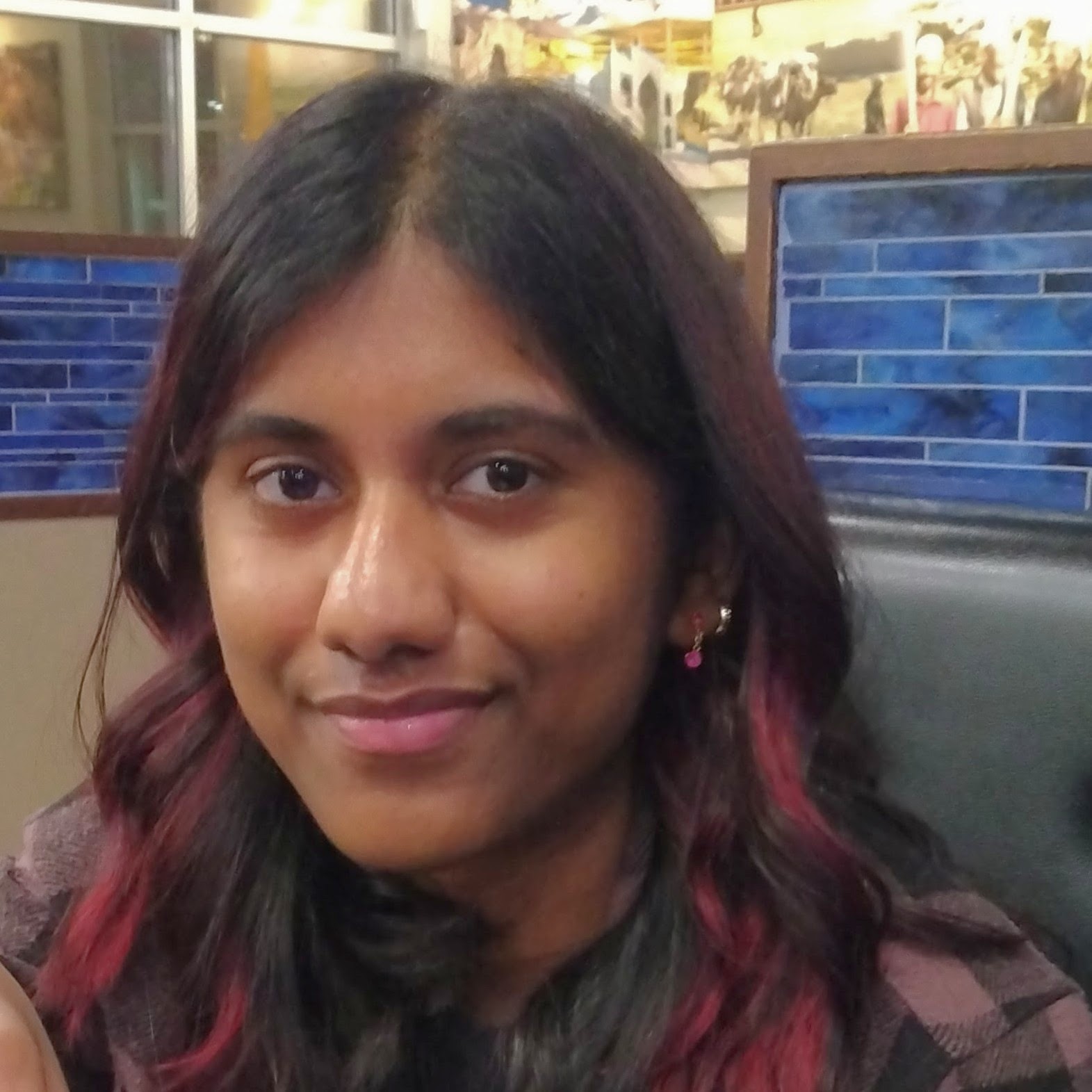Following the Tune of Authenticity with Mr. Larter

Q: What do you teach at MGCI?
Currently, I teach grade 11 and grade 12 Computer Engineering. Most of what I’ve taught over the course of my career is Computer Engineering and Robotics, but I’ve also done Communications Technology and Grade 9 Exploring Technology.
Q: What do you like about these classes, specifically?
I find that they contain course material that I find really interesting and easy to get students interested in. And, they are courses that I can have students provide a service to the school community with. So, they allow them to apply their learning in ways that they feel are authentic and real and useful as opposed to: hey, let’s fix this computer and put it back in the corner.
They can go around and do preventive maintenance and tickets, where they can check for and solve problems with the school’s technology. Not a lot of classes provide you the opportunity to provide that service around the school on a regular basis. I think the school community really appreciates it. They’re getting some soft skills as well, having to go and introduce themselves to someone and say, “Hi, my name is. I’m here because…”. That’s actually a very uncomfortable thing for people to have to do, but students who don’t want to do it at all at the start of the semester are then very comfortable with it at the end of the semester.
Q: How did the preventive maintenance and ticketing system come to be at MGCI?
This is something that I’ve been trying to figure out an effective way to develop over the years. It’s taken a long time for me to get tickets to a point where I feel like it works consistently. In the past, I used to just say that teachers make tickets, but I’d only get a few here and there. And I thought, well, how do we fix that? In the curriculum that I teach, which is a Cisco curriculum called IT Essentials, there is a section on preventive maintenance—stopping problems from happening in the first place. So I said: wouldn’t it be great if on a weekly schedule, students were able to go around and find problems? That made creating tickets a lot easier and gave students another authentic activity to do.
Q: What are you involved with at school outside of teaching?
I run the AV Crew, Tech Squad, and CodeHers. Or, admittedly, I say I run these things, but it’s totally student-led. I’m just a staff advisor for them. They’re clubs that run fairly regularly, sometimes online, sometimes in class. There’s been big growth in the AV Crew this year, where we have lots of events and people are needed to run the lights and sounds and things like that. Tech Squad has done a lot of things—there’s a bit of overlap with my classes, but they also do things like take inventory of all the computers in the school which is needed so that we can provide that information to the school board if asked.
And, with SHSM, we have three programs at the school: Health and Wellness, Information Communications Technology (ICT), and Hospitality and Tourism. I run these with a group of other teachers. I, mostly right now, run the Health and Wellness and the ICT SHSM. That’s everything from helping students get enrolled to making sure they’re fulfilling all the requirements of SHSM, getting their co-op, and budgeting.
Q: What do you like to do outside of work?
Well, obviously, I am a dad to two amazing boys, Ashton and Jamison, who are five and four years old. A lot of my time is spent with them. I love them and my wife Shannon. I am also very into playing music, as a few may have seen. I currently play in a few bands, playing at everything from little restaurant things all the way up to playing in major theatres. I actually just played a show at the Pickering Casino Theatre a few weeks ago, and that was the biggest show that I have ever played. Music has been my second passion for sure, outside of teaching.
Q: How would someone find your music, if they were interested?
I have not written any of my own, but I played on some original recordings. I used to go to open mics with my bass guitar where people were writing their own music, and play with them on their albums. It became a little bit of a side gig for me. If you looked online for those acts, you’d certainly find some. The band Manmade Forest has one album, where I played all the bass guitar. The band Future History has an album called For, where I also played all the bass. I also played for The Beresfords, a country act, and for the artist Richard Malouin.
Q: Could you tell me about Teacher Band?
I believe Mr. Pearce, along with a few other teachers, had an interest in starting it up. And I said, “Sure, that sounds like a lot of fun. Let’s do it.” What started as playing a couple of songs became, “Hey, this is going really, really well.” It’s turned into that for every event, we learn a couple of new songs. It’s something fun for us to do with our friends and colleagues in the school, but different from our in-class, day-to-day life. It gives us the opportunity to have our own little projects and build towards something new, and helps to continuously light the fire for teachers.
Q: What advice would you give to students who have multiple passions? I think it’s a great idea. You can do one of two things. There’s a term that I heard years ago called career mash, which is taking multiple interests and creating a unique skill set out of that. For example, if you’re a person who’s into computer science and music, then maybe become a person that makes software for people that are recording music. I’m also a big believer in trying to have interests outside of your job—because if I were to go home and tutor every night and then come to school and be a teacher… Too much of a good thing can be a bad thing. I want to go home and look forward to picking up my guitar and playing music with my son Ashton, who has taken up drumming. I want it to be the thing that helps balance out my life. Sometimes, a lot of students are told: hey, if you’re going to go and do this thing, then that should be all you do. But I think if you do too much of a thing that you love, it can become something that you don’t love anymore.
Q: How did you come into teaching?
I worked in advertising before I was a teacher, all the way from high school co-op until I was twenty-eight years old. The course Communications Technology is actually my main qualification, but I’ve moved into Computer Engineering over my career. I liked advertising, but wasn’t seeing a pathway to the next job beyond where I was. My uncle, who was a principal in the Toronto District School Board for years, suggested teaching and helped me through the process. And I’ll be honest with you, I didn’t know that I wanted to be a teacher until I was about two months into my first teaching job. I had this moment with a student where I was able to help them out and they said thank you. That first “thank you, Mr. Larter,” was honestly the moment that I knew this was going to be my career.
Q: What’s a memorable moment for you?
A lot of the memories I have are about what made me realize that getting into teaching was a great option. My uncle actually sneakily tricked me into getting into teaching. He brought me in to help with the teacher band at Sir John A. MacDonald CI. He knew that I wanted to make a switch out of advertising, so he was testing the waters to see how I’d do in the school environment. I got to experience being in a school, being in an assembly, and seeing the energy when the teacher band would go on stage. I remember standing there and crossing my arms. I was in my late twenties, so still in the age where I didn’t want to show that I liked something. But my uncle said, “Well, no, you didn’t just like it. You loved it. You should be a teacher.” I said, “Interesting.” In the end, I’m so happy I was tricked because it’s been the best career for me.
Answers are edited for clarity.
